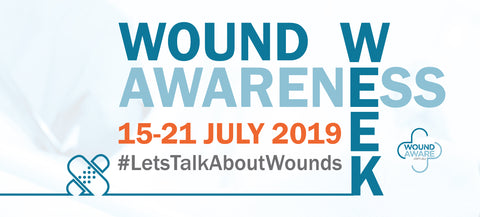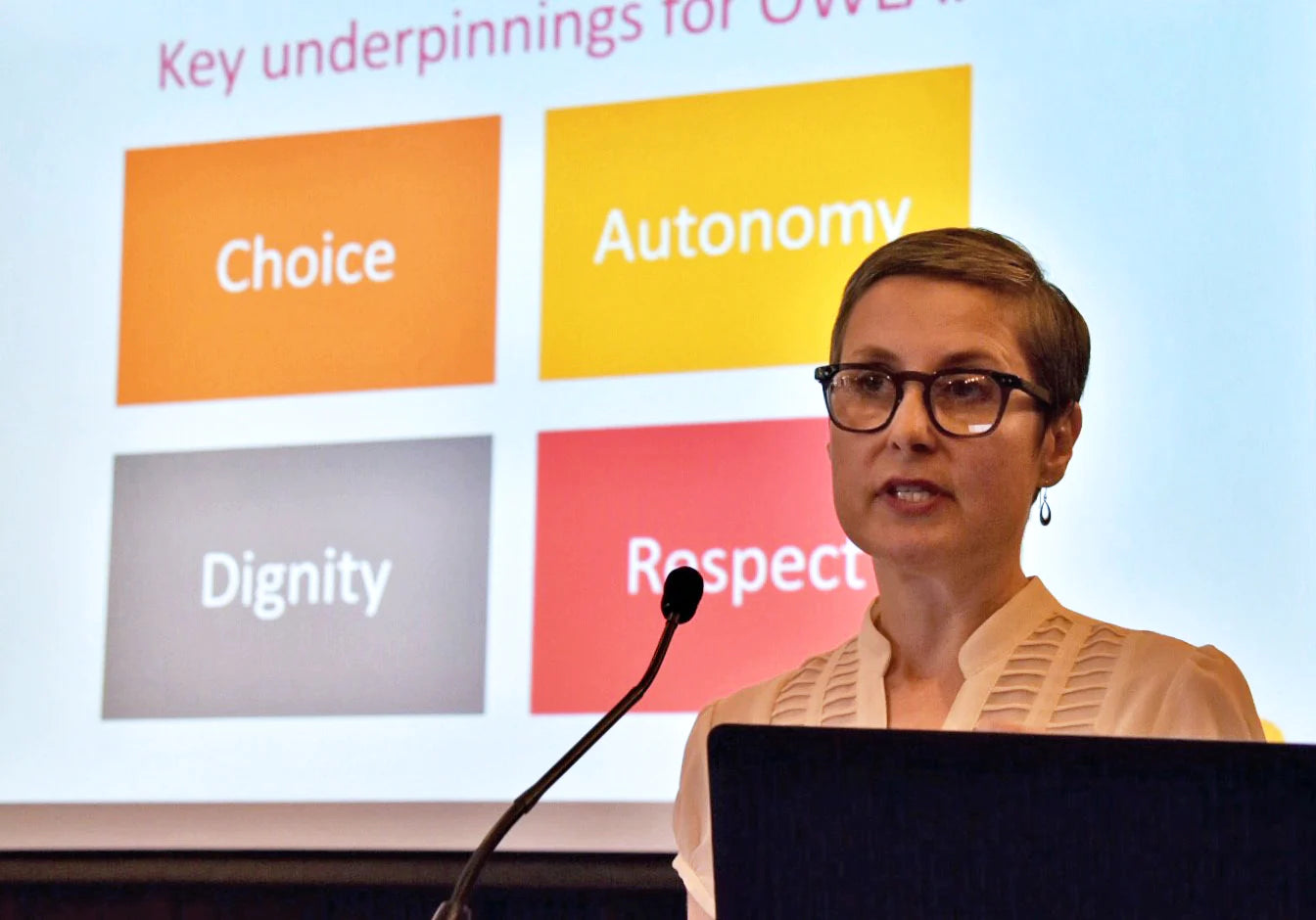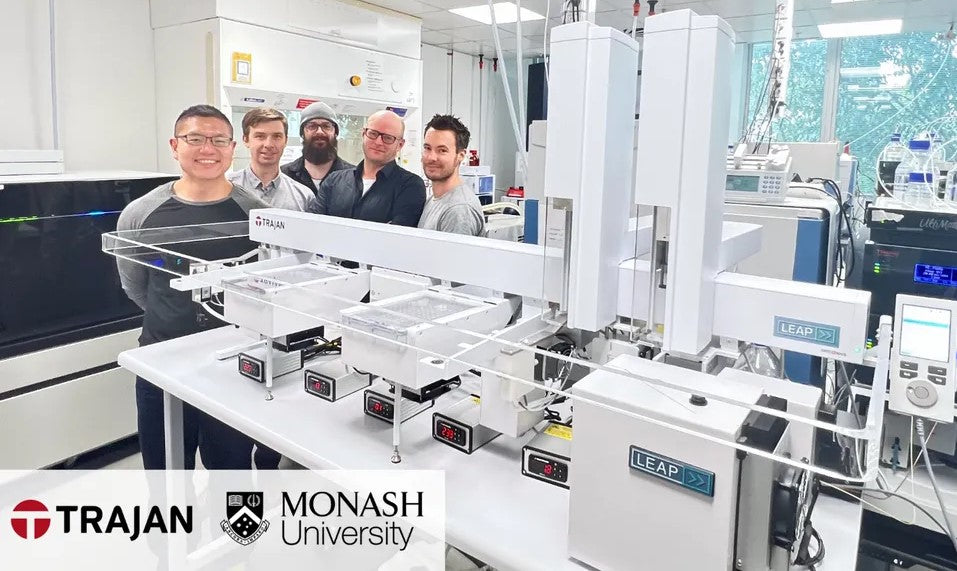Melbourne, Victoria, Australia
Not-for-profit health and aged care provider Bolton Clarke is taking the lead in prevention and early identification of evidence-based wound care with new research using narrow band imaging to detect problems early.
Bolton Clarke Research Institute is working with RMIT University to evaluate whether thermal imaging techniques can help predict which leg wounds caused by poor vein function will not heal as quickly as they should.
Previous research by RMIT biomedical engineers has used the technique to predict the healing of foot wounds in people with diabetes. The new project, funded by Trajan Scientific and Medical, will build on that research with a focus on leg wounds.
Trajan Scientific and Medical CEO Stephen Tomisich said, “Continued development of these innovative scientific techniques produce more meaningful information to help the wider community proactively manage their health.”
Bolton Clarke Research Institute senior research fellow Dr Rajna Ogrin said venous leg ulcers, which don’t heal because veins don’t efficiently bring the blood back to the heart, were the most common type of leg wound and could cause swelling in legs and other problems.
Narrow band imaging techniques, which take photographs with up to 100 colour channels, can help measure wound temperature and provide accurate information about the chemistry of wounds, including whether inflammation is present, that can normally only be found with pathology tests.
Eighty Melbourne-based Bolton Clarke clients with venous leg wounds have been involved in the research over the past year. Clients had normal and narrow band imaging photographs analysed using the RMIT purpose-built proprietary analysis software by Prof Dinesh Kumar. Images were taken at their first and follow-up appointments, and information was collected on treatments that made a difference to healing.
Results are now being compiled. The work will allow health professionals to identify slower healing wounds early and provide additional help to speed the healing process.
July 15-21 is Wound Awareness Week, encouraging greater awareness of the symptoms and impact of chronic wounds and the need for early detection.

Wound Awareness Week 15-21 July 2019. #LetsTalkAboutWounds
Nearly half a million Australians suffer from chronic wounds, which costs the Australian health system about $3 billion each year.
Bolton Clarke senior clinical nurse advisor Kylie Elder said leg wounds happened more often in older people and the associated pain and discomfort could stop people going out and doing the things they wanted to do.
“We know that many people don’t seek help for their wounds until they have had them for quite a while, which then makes the wounds harder to heal,” she said.
“They also may take a long time to heal and lead to complications like infections and needing to go to hospital.
“Wound warning signs include pain and heat, odour, excess fluid and slow healing. A big problem in wound care is that it is hard to know which wounds won’t heal as expected and so need more help to heal better.”
People with concerns about a wound are encouraged to speak to their doctor early to ensure best results.
Download
Bolton Clarke press release [PDF]
More information
News - Photo technique to support better wound care outcomes
Trajan and Bolton Clarke
Bolton Clarke news
RMIT University
Wounds Australia
Media contact information
Bolton Clarke
Kirsty Stein Mobile: 0403 781 718
kstein@boltonclarke.com.au
Trajan Scientific and Medical
Tel: +44 (0) 1908 568 844
media@trajanscimed.com



